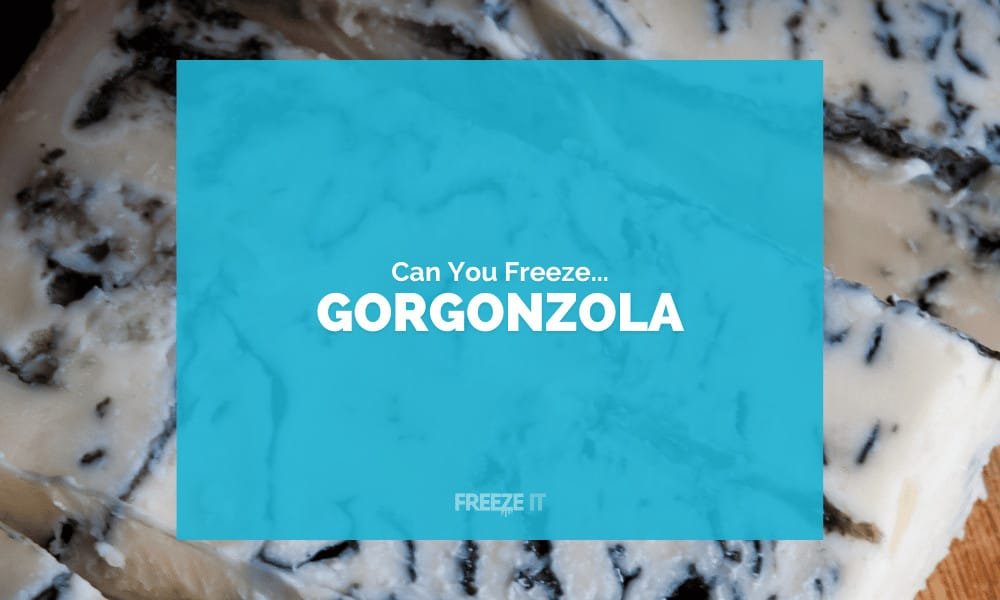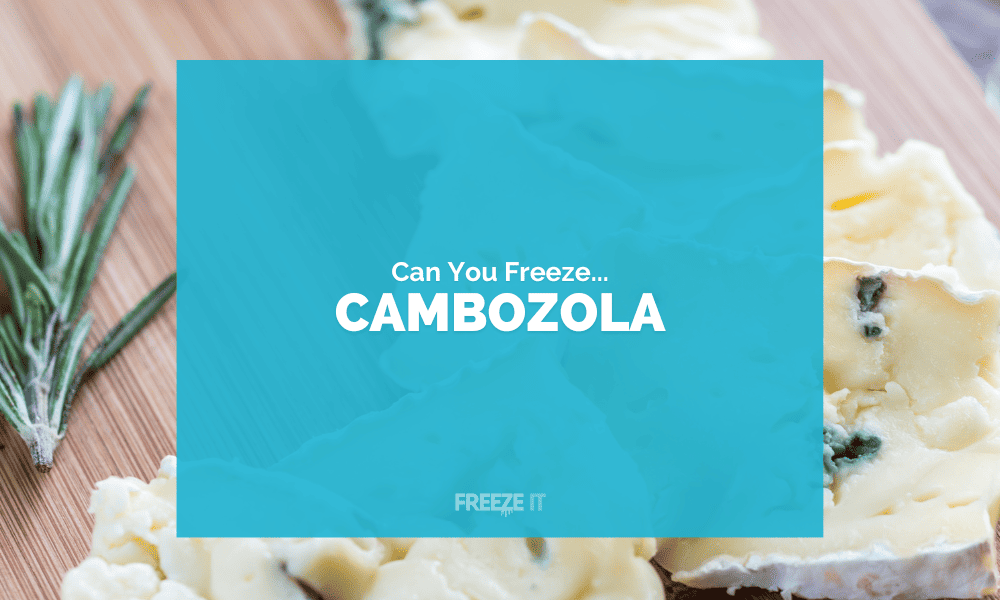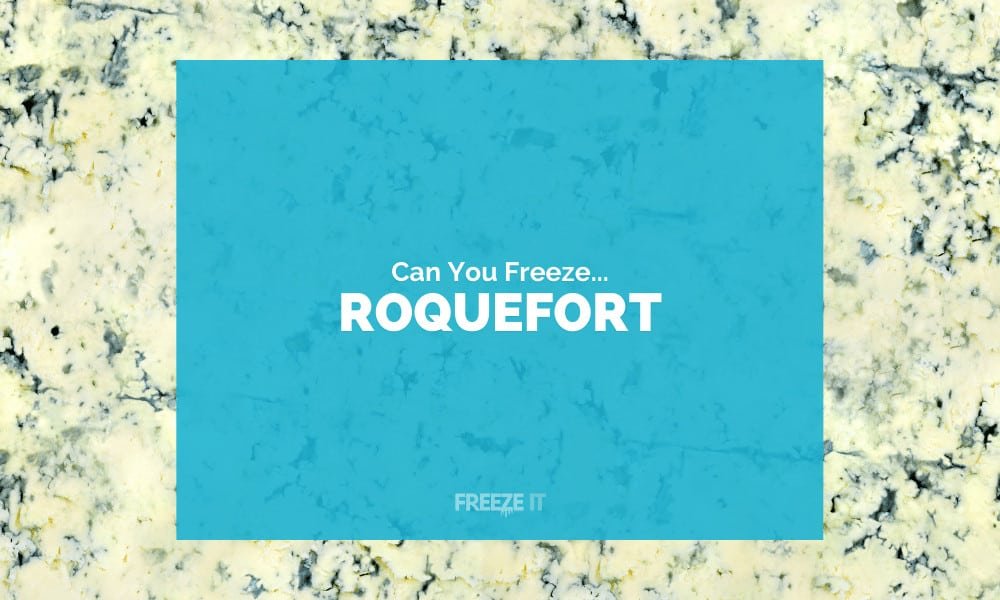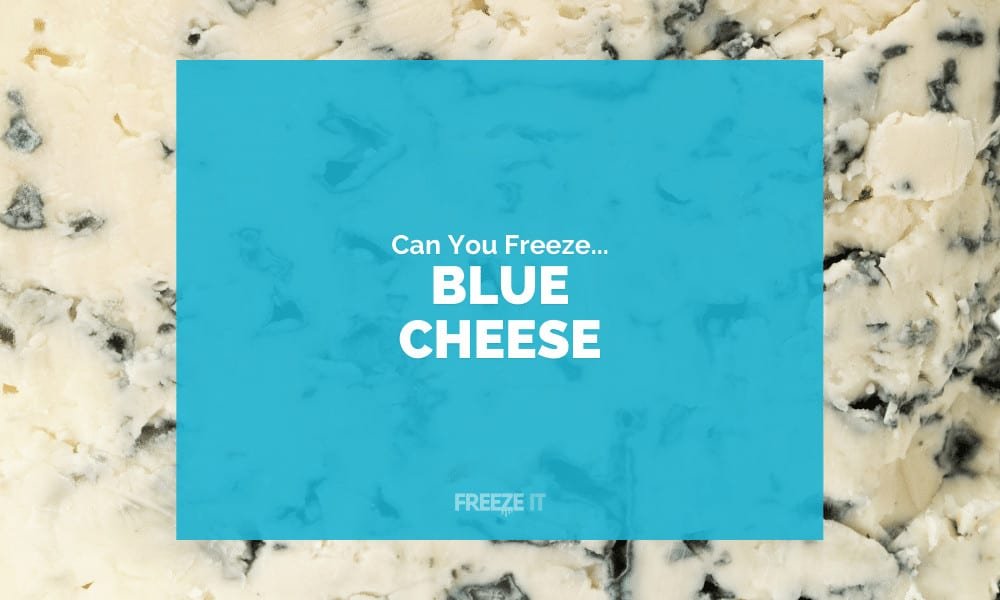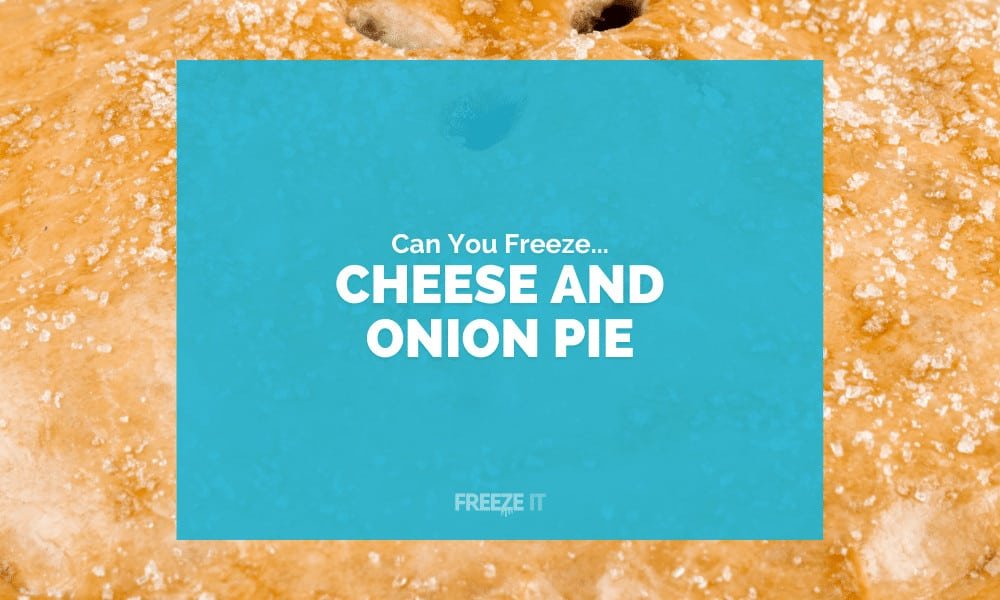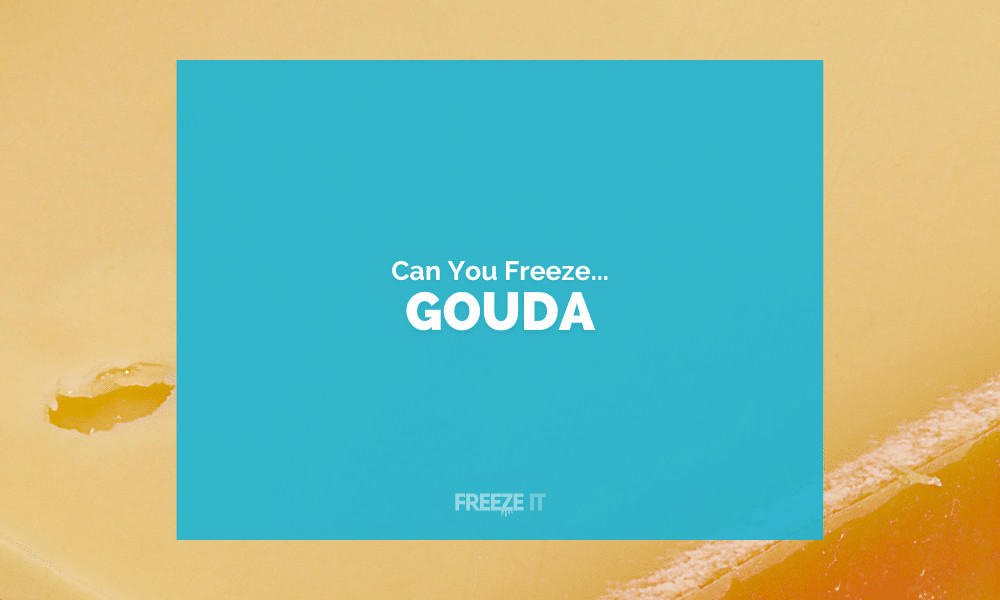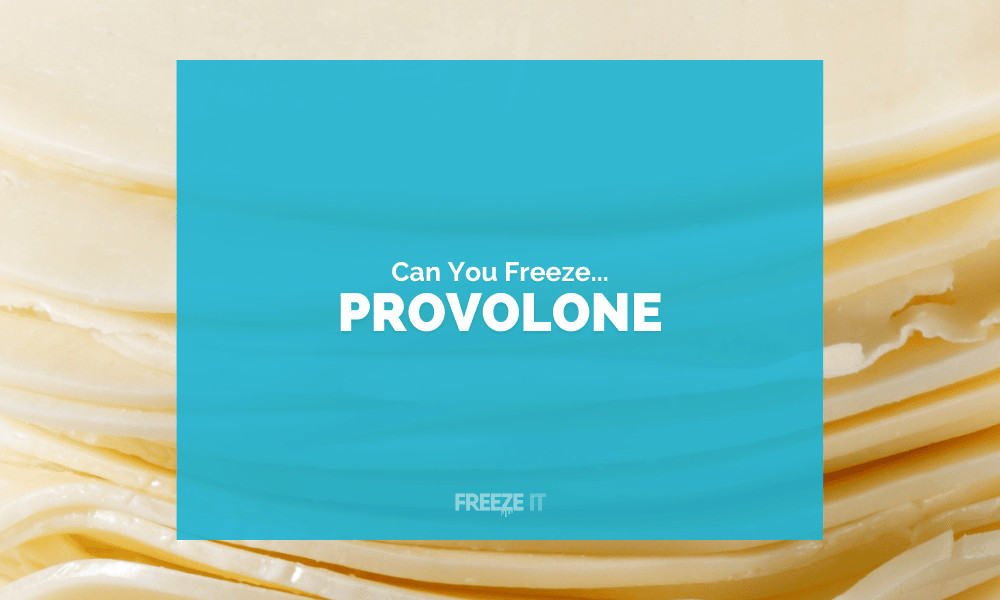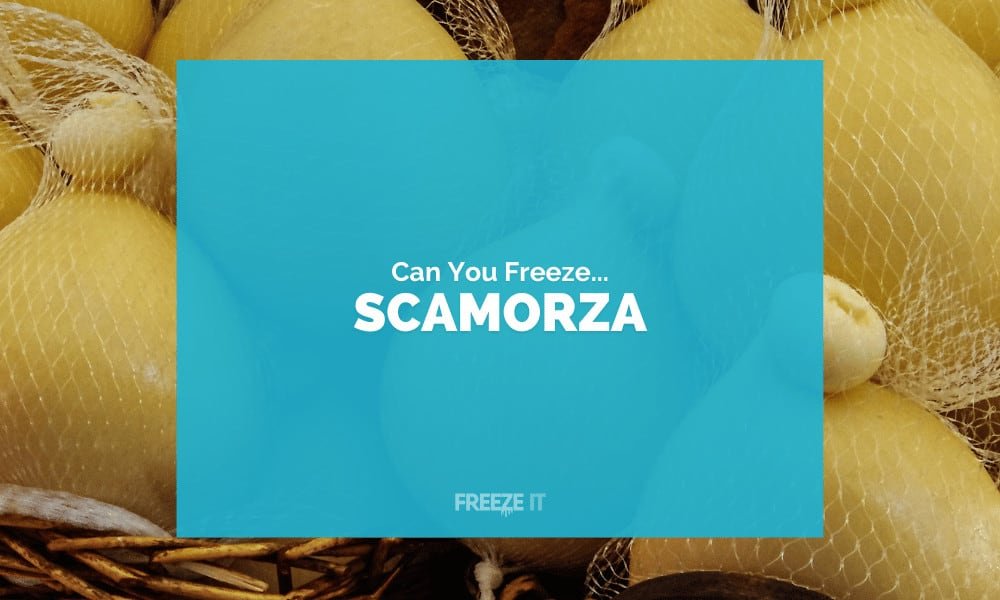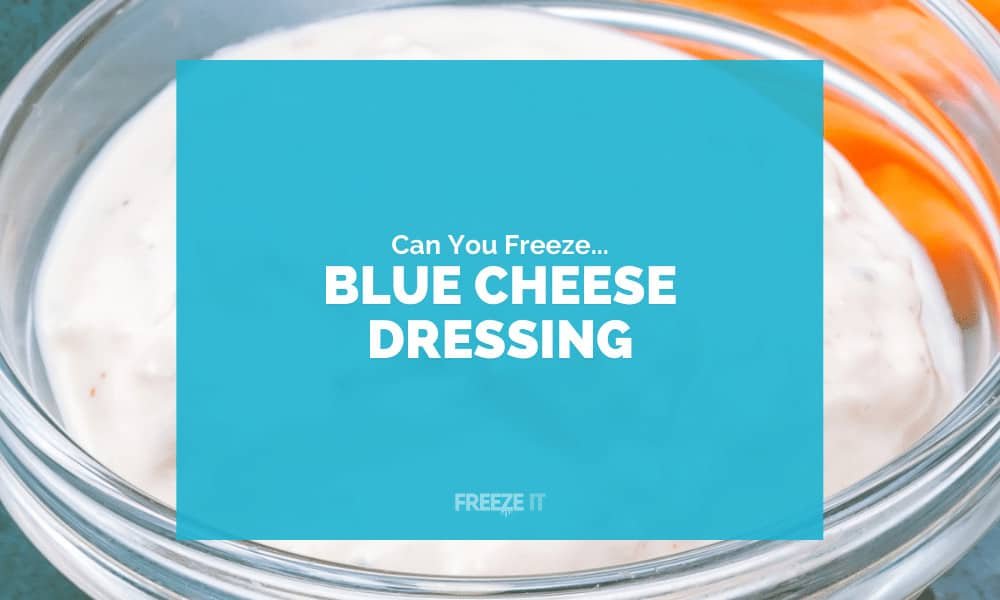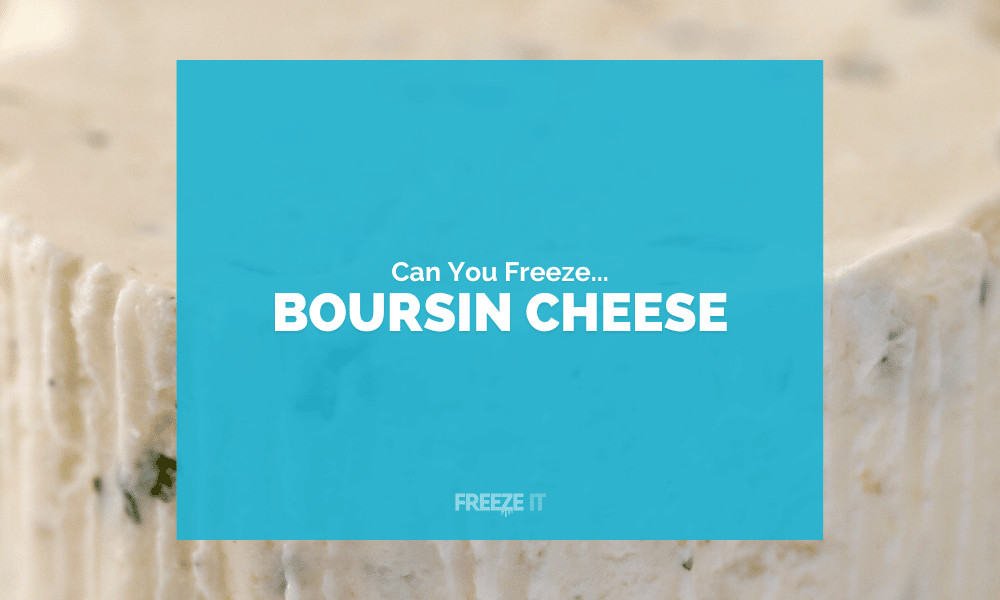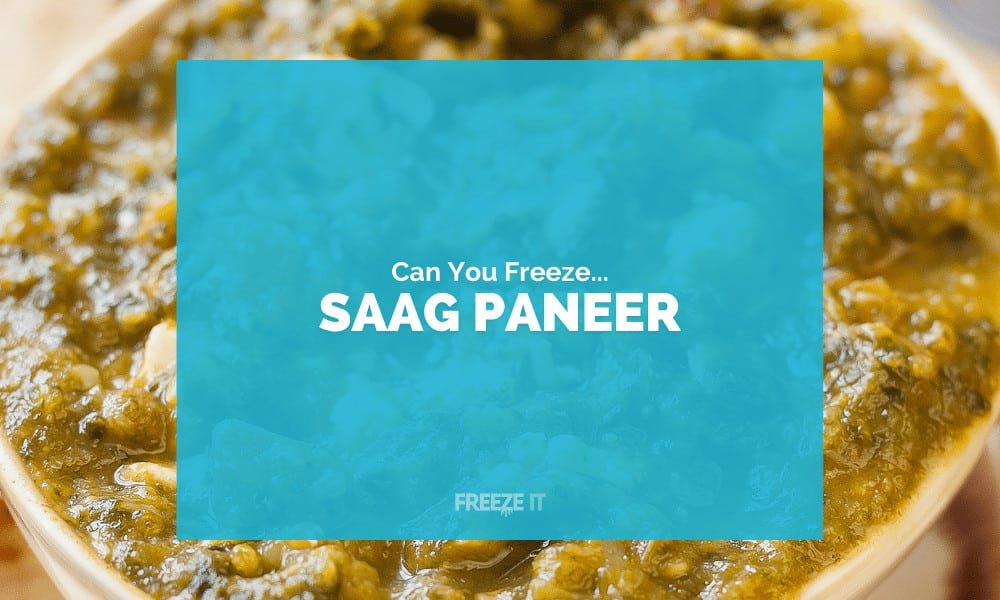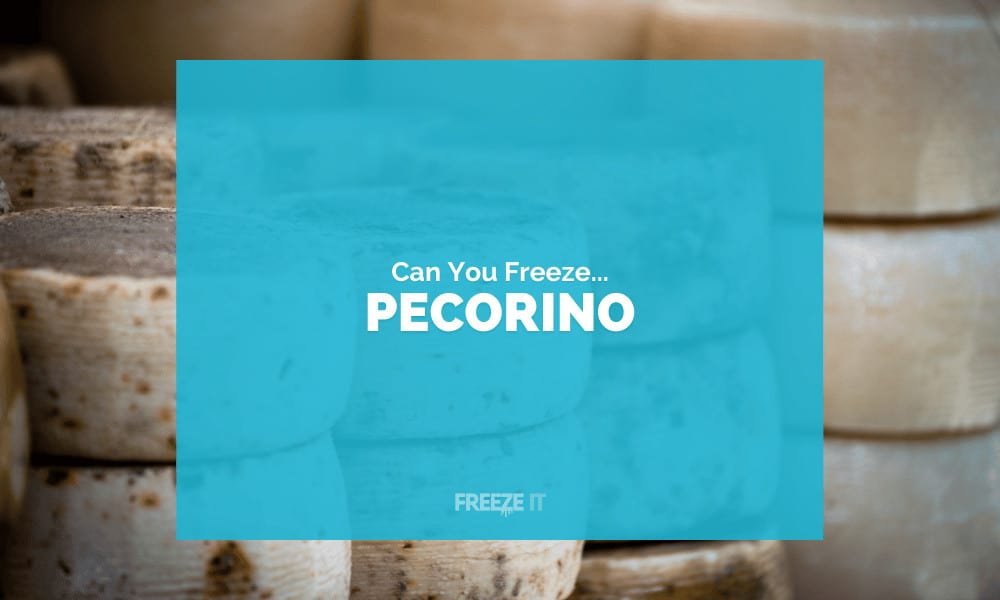Blue Cheeses
Convenience Cheeses & Snacks
Cheese-based Dishes
Hard Cheeses
Processed Cheeses
Semi-Soft Cheeses
Soft & Spreadable Cheeses
All Cheese Freezing Guides
Frequently Asked Questions
Frozen grapes can be a refreshing snack, but upon defrosting, they turn into soggy lumps. It's best to freeze grapes only if you plan to use them in cooking, as they won't retain their fresh texture when eaten raw after thawing.
Freezing can significantly damage the texture of cheese, resulting in an undesirable consistency upon thawing. The degradation of texture is particularly noticeable when the cheese is consumed plain.
Creamier cheeses such as Brie and Camembert should not be frozen due to their high water content, which makes them prone to damage from ice crystals. However, cream cheese can be frozen.
Cheese can remain good when frozen, provided it is wrapped very well or vacuum-sealed to prevent freezer burn. It is fine to freeze cheese for up to two months for optimal quality.
While the flavor of cheese is not significantly affected by freezing, the texture is altered, making it more suitable for melting rather than using fresh in recipes after thawing.
Cheese can be kept frozen indefinitely, but for the best quality, it is recommended to use the cheese within 6–9 months.
